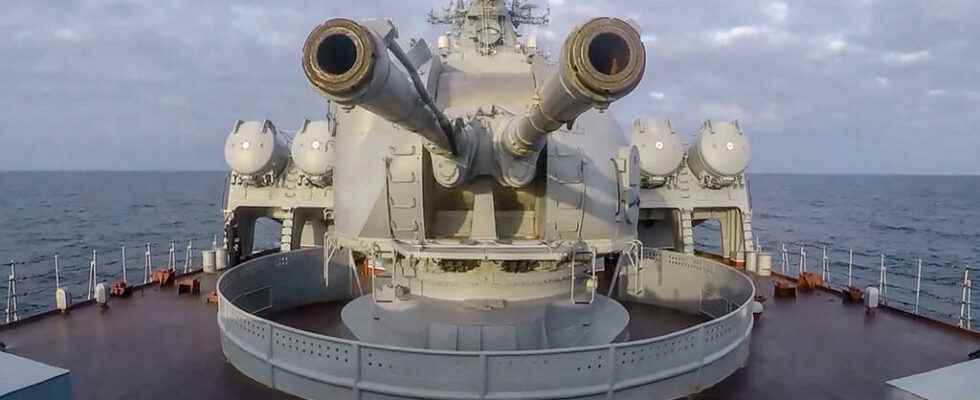Since February 24, the French Navy is no longer present in the Black Sea, because the Montreux Convention which, for nearly 80 years, has governed the passage of the Bosphorus Strait, allows Turkey to block access in case of conflict. She nevertheless observes with acuity the movements in this expanse of water which has become almost exclusively Russian.
After a hundred days of war in Ukraine, French sailors are learning the first lessons. First observation, on the naval side: Moscow, although the straits are closed, continues to circulate its submarines between its port of Sevastopol and that of Latakia, in Syria. They belong to the Black Sea Fleet, they argue, so they can transit and Ankara lets it go.
Second analysis, although Ukraine managed to sink the MoskvaRussian flagship, the Black Sea Fleet, made up of 50 ships including four Kilo-class attack submarines, remains a threat, points out the French navy.
►To re-read: Guardian of the Straits, Turkey recognizes “the state of war” between Russia and Ukraine
If the Russian fleet does not seem capable of carrying out an amphibious operation on Odessa, it blocks access. Around 100 mines were laid, five of which are believed to have drifted. And the Russian navy, now firmly established on Serpents’ Island, controls the Gulf of Odessa, taking advantage of the vacuum left by other navies and the fact that Ukraine does not have warships.
To allow merchant ships to export Ukrainian cereals, it is therefore mandatory to set up a non-militarized maritime corridor. Doing so without the agreement of the Russians seems risky, say senior officers, specifying in this Black Sea, which has become a Russian lake, it is important to control the escalation of violence.
